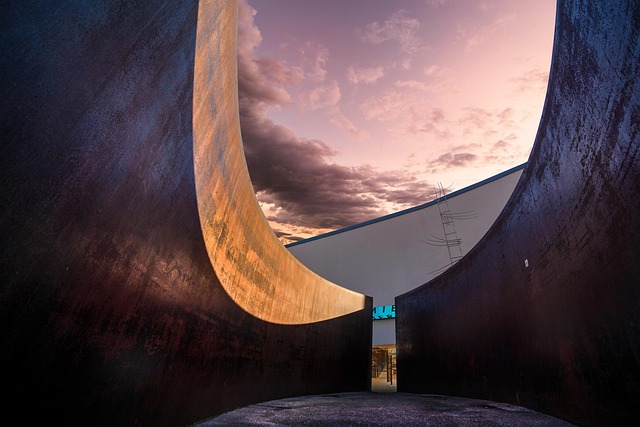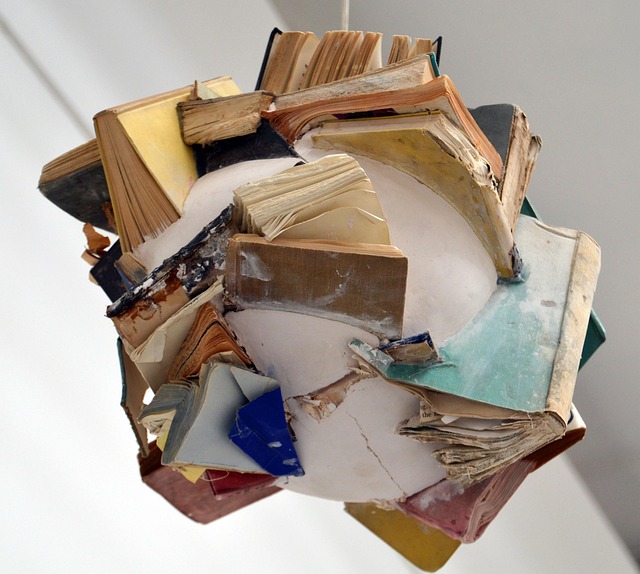Tile Installation Denver has evolved from traditional, labor-intensive methods to modern adhesive technologies, offering speed, affordability, and flexibility. Expert installers in Denver employ two subfloor prep methods for optimal results, with thin set method favored for large format tiles due to faster installation and cleaner lines. Choosing between DIY and professionals depends on expertise, control, and project demands, with professionals ensuring quality and longevity in high-traffic areas like kitchens and bathrooms.
In the vibrant, bustling landscape of Denver, tile installation is an art that blends aesthetics and functionality. This article explores the diverse methods behind tile installation in Denver, from traditional hand laying to modern adhesive techniques. We delve into subfloor preparation, dissecting direct vs. indirect methods, and examine large format tiles’ best bedding practices. Additionally, we compare DIY installations to professional expertise, offering insights for folks seeking to enhance their homes with tile in this dynamic city.
- Traditional Hand Laying vs. Modern Adhesive Methods
- Direct vs. Indirect Subfloor Preparation Techniques
- Large Format Tiles: Mortar Bedding or Thin Set?
- DIY vs. Professional Installation: What's Best for Denver Homes?
Traditional Hand Laying vs. Modern Adhesive Methods

In traditional tile installation methods practiced in Denver, skilled artisans hand lay tiles using a mix of sand and mortar. This age-old technique requires precise craftsmanship and offers a unique aesthetic appeal. Each tile is set individually, allowing for intricate patterns and designs that can transform spaces into stunning works of art. However, the process is time-consuming and labor-intensive, making it more expensive compared to modern methods.
Modern adhesive methods have revolutionized Tile Installation Denver. Contractors now utilize advanced adhesives that provide a faster, more efficient alternative. These innovative products eliminate the need for mortar, simplifying the installation process. Not only does this reduce construction time, but it also makes the job easier for both professionals and DIY enthusiasts. Additionally, modern adhesives offer improved flexibility, ensuring tiles remain securely in place over time. This is especially beneficial for those considering Hardwood Flooring Denver or exploring sustainable tile choices available through the Denver Tile Contractors Association.
Direct vs. Indirect Subfloor Preparation Techniques

When it comes to tile installation in Denver, the method of subfloor preparation is a key consideration for both professionals and homeowners. There are two primary techniques: direct and indirect. Direct subfloor preparation involves laying tiles directly on top of an existing subfloor, which is usually concrete or plywood. This method is popular for installations where the subfloor is level and solid, such as new construction or renovations with a strong foundation. It’s efficient and cost-effective, making it ideal for many residential and commercial Tile Installation Denver projects.
Indirect preparation, on the other hand, uses an additional layer, often an epoxy tile coating Denver specialists apply, to create a smooth surface. This technique is suitable for older buildings or subfloors with issues like moisture, warping, or unevenness. The epoxy tile coating Denver professionals use can level out irregularities and provide excellent adhesion for wall tiles Denver markets offer, ensuring a durable and long-lasting installation. This method may be more involved but is essential when addressing potential problems under the surface.
Large Format Tiles: Mortar Bedding or Thin Set?

When it comes to large format tiles, one key decision for any Tile Installation Denver project is between mortar bedding and thin set methods. Mortar bedding involves laying tiles on a bed of thick cement mortar, offering excellent support for heavier tiles but requiring more time and labor. Thin set, on the other hand, uses a thin layer of adhesive to directly attach tiles to the subfloor, providing faster installation and cleaner lines.
For large format tiles, thin set has become increasingly popular among local Denver tile experts due to its ability to handle larger sizes effectively while ensuring minimal movement and gaps. Moreover, denver tile cleaning and sealing services are often easier with thin set installations, as the lack of mortar joints makes maintenance simpler. Thus, for both aesthetics and practicality, many homeowners and best rated tile installers Denver alike prefer thin set for their large format tile projects.
DIY vs. Professional Installation: What's Best for Denver Homes?

When it comes to tile installation in Denver homes, the choice between DIY and professional services is a significant decision. Many homeowners opt for do-it-yourself (DIY) tile installation to save costs and exercise control over the process. DIY methods offer flexibility, allowing individuals to choose their preferred design, select materials, and set their own pace. However, tile installation can be intricate work, requiring precise measurements, cutting skills, and knowledge of various techniques. Mistakes made during the DIY process could lead to uneven tiles, poor grout lines, or even damage to existing surfaces.
Hiring local tile installers in Denver is often recommended for a seamless and durable result. Professional installers possess the expertise and experience to handle complex projects, ensuring precise cuts, proper adhesive application, and careful placement of tiles. They can also recommend suitable materials for different spaces, considering factors like moisture levels, traffic patterns, and design preferences. While professional services may come with a higher cost than DIY options, they offer peace of mind, quality workmanship, and long-lasting results. For Denver homeowners seeking beautiful, lasting tile installations, particularly in demanding areas like kitchens or bathrooms, enlisting the help of local experts is often the best course of action.
When it comes to tile installation in Denver, understanding the various methods and their pros and cons is key to making an informed decision. From traditional hand laying to modern adhesive techniques, each has its unique advantages. Direct and indirect subfloor preparations cater to different needs, while large format tiles require specific bedding choices. Moreover, choosing between DIY and professional installation depends on skill level and project scope. Ultimately, selecting the right method ensures a durable and aesthetically pleasing tile setup for Denver homes, enhancing their overall value and beauty.
